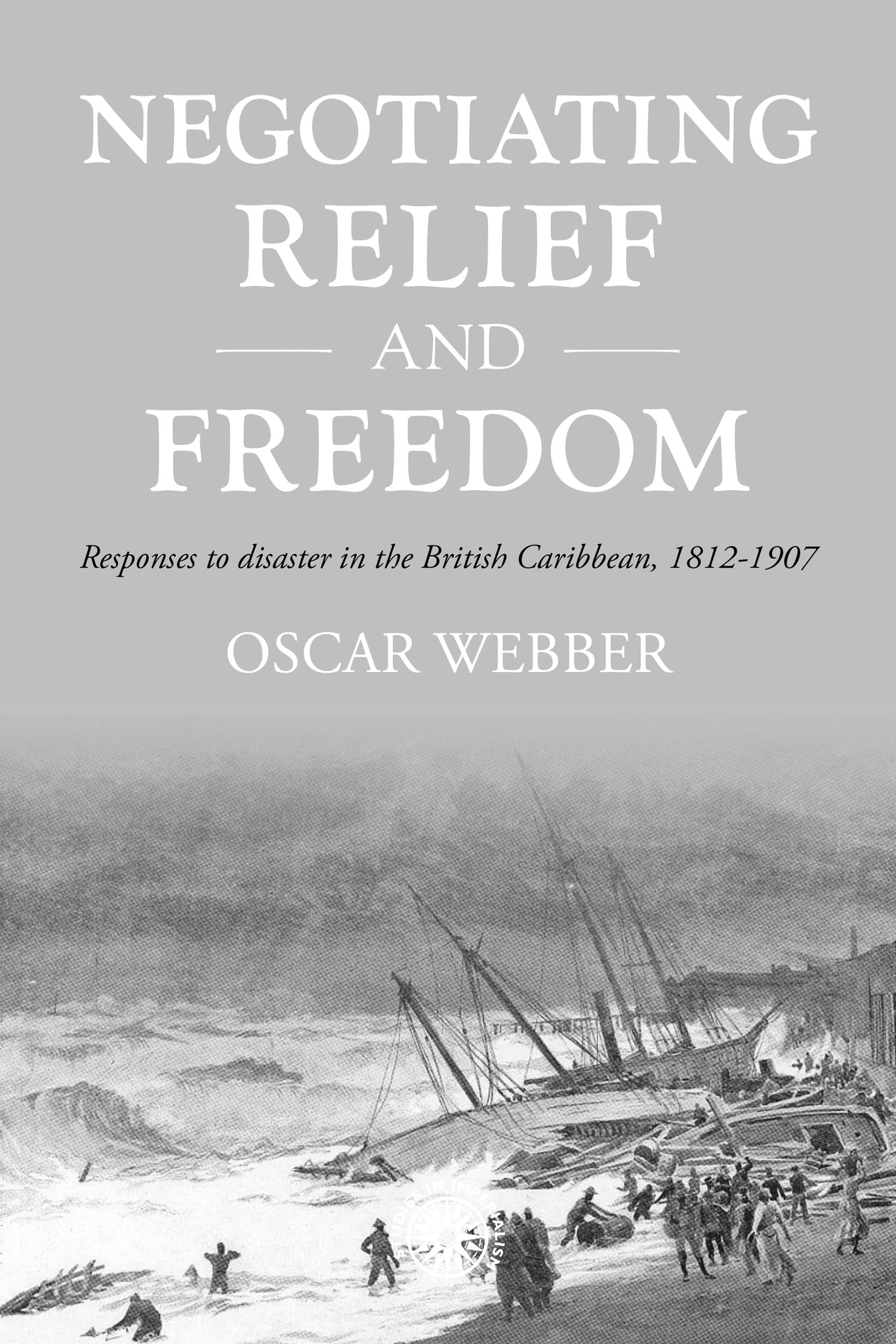We're sorry. An error has occurred
Please cancel or retry.
Negotiating relief and freedom
Regular price
£25.00
Sale price
£25.00
Regular price
£25.00
Unit price
/
per
Sale
Sold out
Re-stocking soon
This book investigates both short- and long-term responses to disaster in the British Caribbean. It is the first to examine the informal negotiations that took place on the ground between the colon...
Read More

Negotiating relief and freedom is an investigation of short- and long-term responses to disaster in the British Caribbean colonies during the ‘long’ nineteenth century. It explores how colonial environmental degradation made their inhabitants both more vulnerable to and expanded the impact of natural phenomena such as hurricanes, earthquakes, and volcanic eruptions. It shows that British approaches to disaster ‘relief’ prioritised colonial control and ‘fiscal prudence’ ahead of the relief of suffering. In turn, that this pattern played out continuously in the long nineteenth century is a reminder that in the Caribbean the transition from slavery to waged labour was not a clean one. Times of crisis brought racial and social tensions to the fore and freedoms once granted, were often quickly curtailed.

Price: £25.00
Pages: 208
Publisher: Manchester University Press
Imprint: Manchester University Press
Series: Studies in Imperialism
Publication Date:
20 January 2026
ISBN: 9781526194862
Format: Paperback
BISACs:
HISTORY / Caribbean & West Indies / General, History, HISTORY / Modern / 19th Century, POLITICAL SCIENCE / Imperialism, SOCIAL SCIENCE / Disasters & Disaster Relief, Colonialism and imperialism, Natural disasters, Aid and relief programmes

Negotiating relief and freedom provides a thorough and rich study. Webber introduces a more profound concern with the political, economic, and social dimensions of rebuilding society in the wake of disaster.
—Rasmus Christensen, New West Indian Guide
Introduction
1 Disaster and providence
2 Passing visitors
3 ‘Aid’ in the absence of freedom
4 ‘Freedom’, decline and fear
5 Practical sympathy
Conclusion




